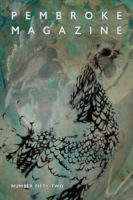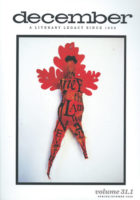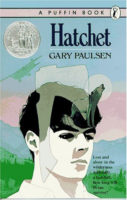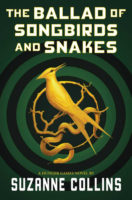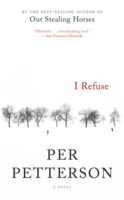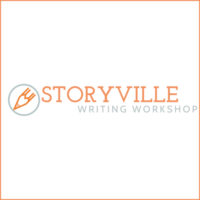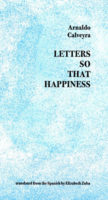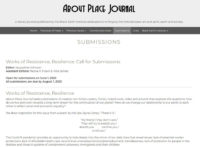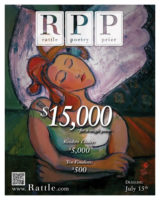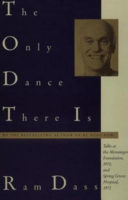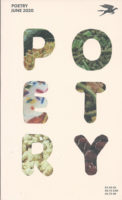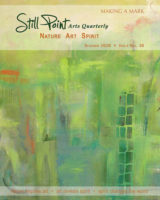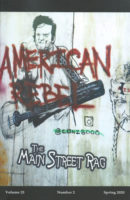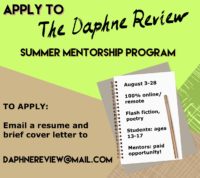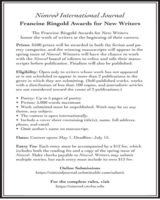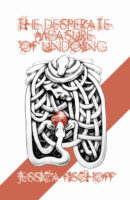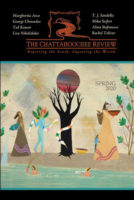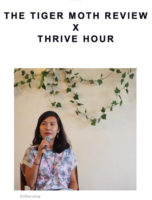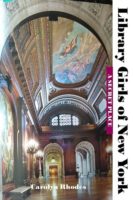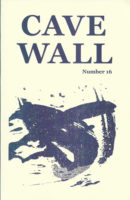
Magazine Review by Katy Haas
In Cave Wall Number 16, Maggie Smith writes a poem to America. “Tender Age” focuses on the reality of the country, which is decidedly “not what I learned / in grade school.” Instead, this America “caged / even the babies.”
She questions who our laws serve, questions where the country’s conscience lives, or where it’s been removed from. Reminiscing on the past, Smith writes of the street she grew up on and the church she attended, as well as the handbells played there. These memories are unburied again as she wonders whether there will be “neighborhoods / named for this undeclared war” like we’ve named ones “Lexington, / Bunker Hill, Valley Forge.” Finally, the piece ends on the images of the handbells again ins sobering stanza:
America, when we want to silence
the bells, we extinguish
their open mouths
on our chests.
This poem is unfortunately continuously timely and relevant with the continued practice of caging migrant children and following the recent news that another 1,500 have been “lost.” Smith’s poem encourages readers to join in as she speaks to America and against the horrific, harmful systems we’ve created.

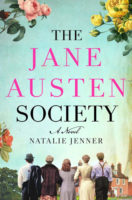
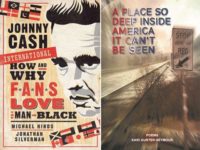
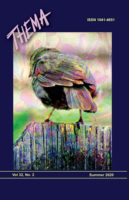
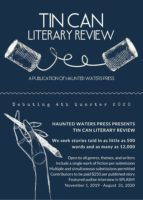
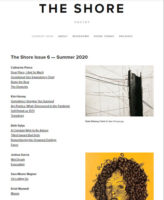
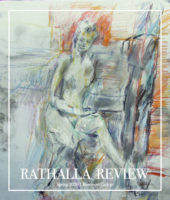
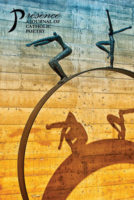
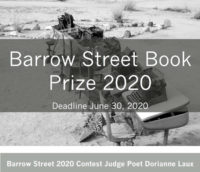
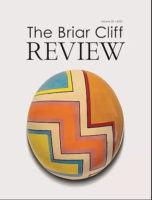
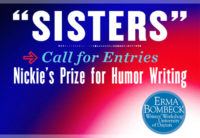
 Rhett Iseman Trull, Editor of
Rhett Iseman Trull, Editor of 